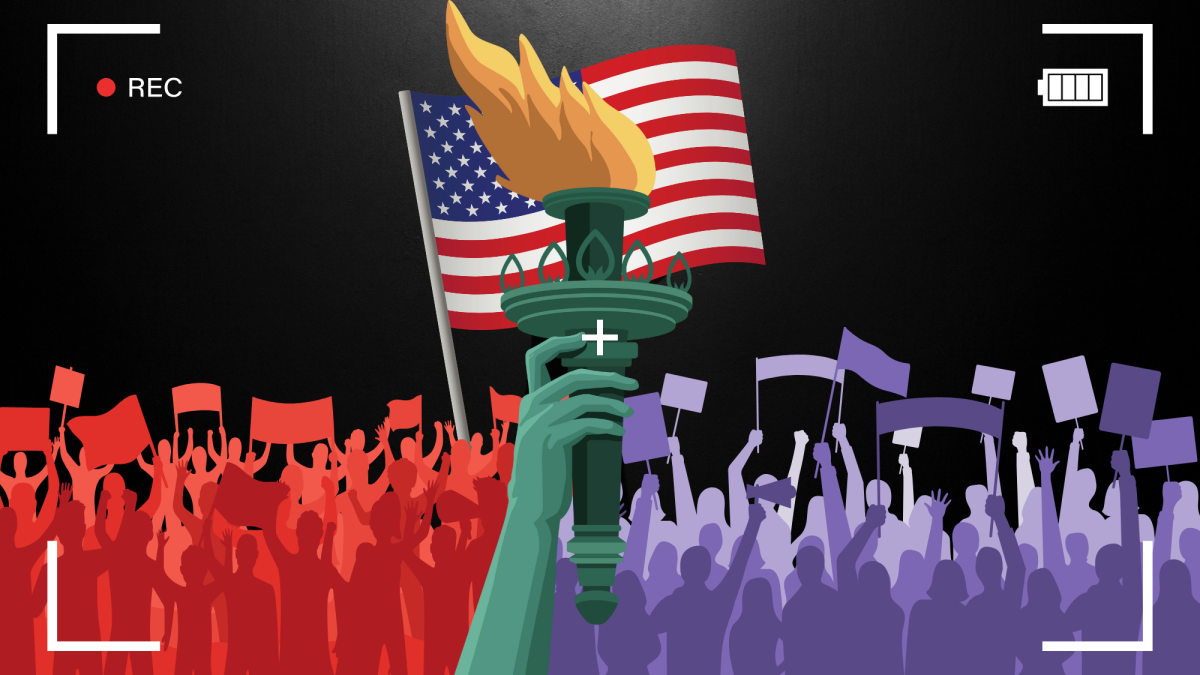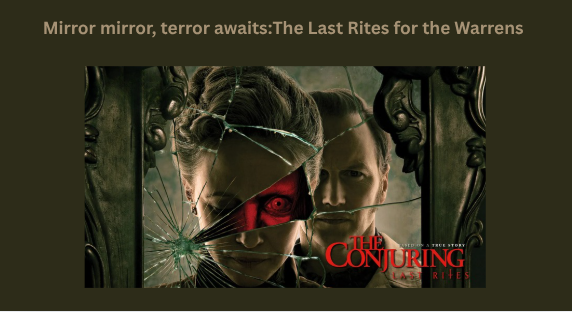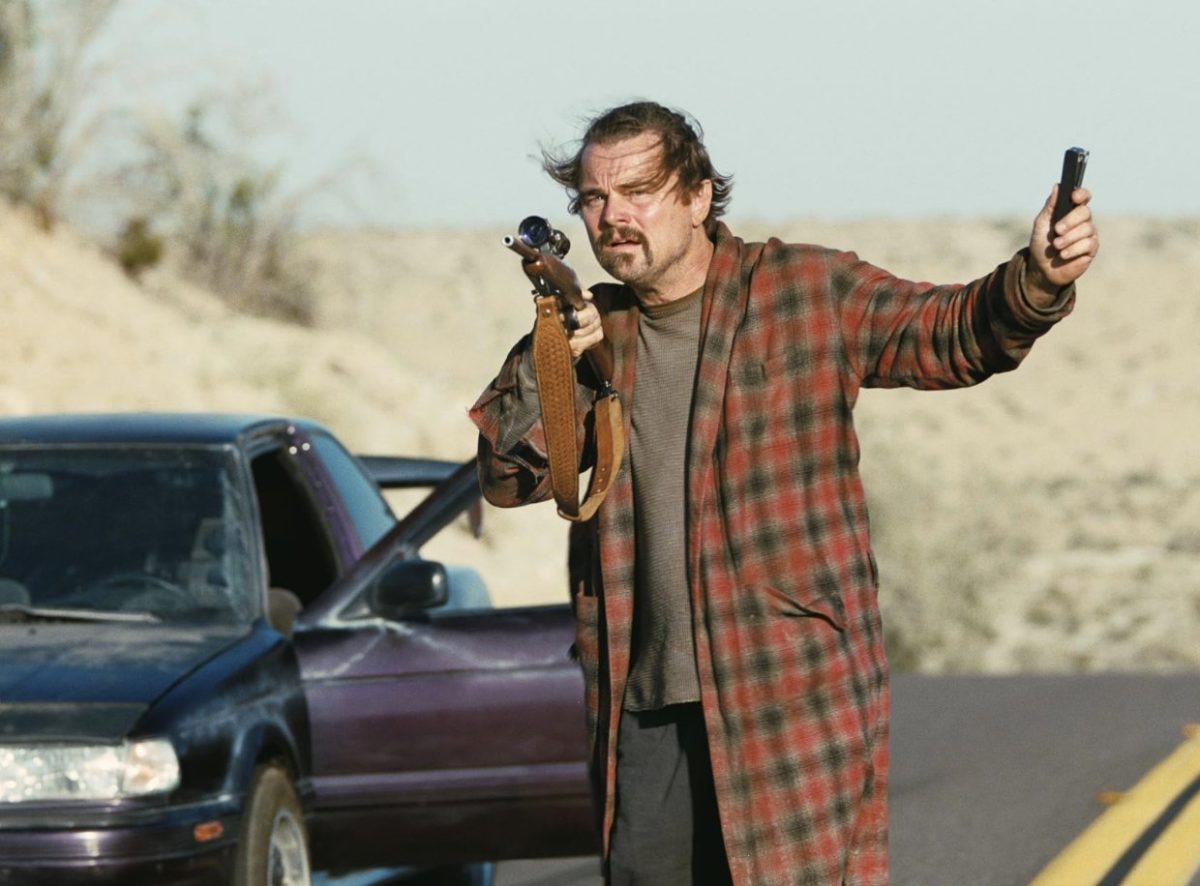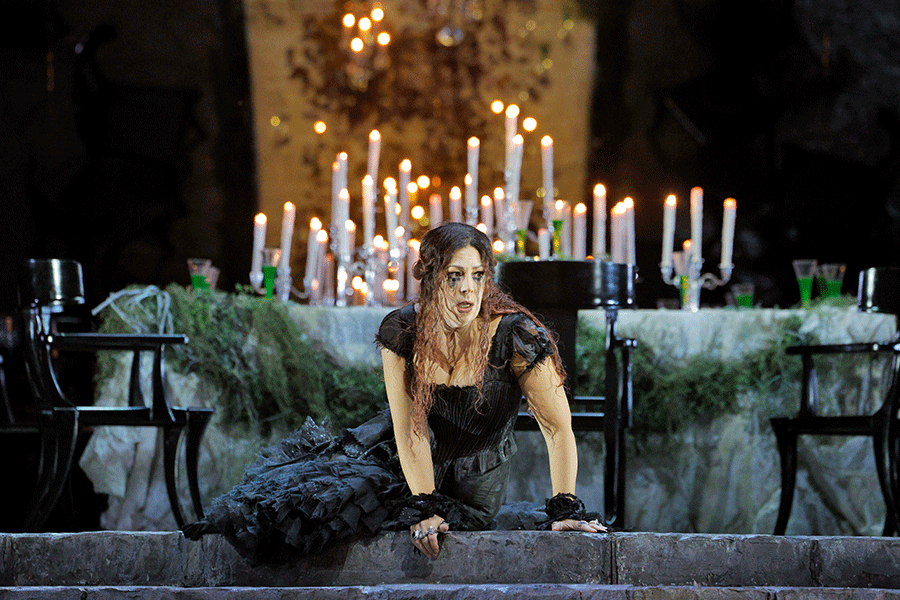A24 released Civil War, a film directed by Alex Garland, on April 7, starring actors including Kirsten Dunst and Nick Offerman (Ron Swanson of Parks and Recreation). The movie did rather well, having an 81% Tomatometer (critic score) and 71% audience score on Rotten Tomatoes and a 7.6/10 on IMDb as of May 3. Still, people hold their judgments, especially with the plot and background story.
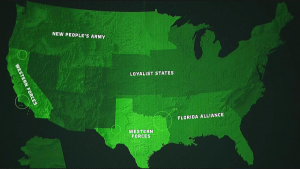
The movie follows a team of photojournalists in war-torn America, who plan to travel to D.C. to get a photo and an interview from the president (Nick Offerman). This character is viewed as an authoritarian dictator by many Americans and is planning to serve a third team, causing parts of the country to secede from the union. Most impactful of these are the Western Forces, consisting of California and Texas. While the journalists, run by Lee Smith (Kirsten Dunst), are on their way to D.C. for journalism, the Western Forces are on their way there for the bloodshed; it’s a race for the reporters to see who gets there first.
While received in a generally positive light, the movie gets much criticism over its lack of setting development and explanation of the initial story: why the US went to war. Some also criticize the movie’s backstory for being unrealistic, most striking being the secessionist alliance between California and Texas of all states. Not to mention the terrible danger the main characters put themselves through for a presidential picture and quote, a debatably unnecessary goal done overzealously.
As for positive reviews, many praise Civil War for its portrayal of the horrors of war and its shifts in tone that compliment these portrayals. The film often shifts between quiet scenes on the road, quiet observations of destroyed infrastructure, to speaker-breaking shouting and gunfire of the war-torn American landscape. Despite the movie’s confusing choices for interstate conflict, some see this as a way to avoid connections to modern partisanship; there is more focus on a tyrannical president than the goals of any specific party.
“The most intriguing part of the movie was the way they depicted death,” junior Jacob Rapoport said. “When we see a character die, it’s always treated how it feels: a very intense scene. And it’s not afraid to kill off characters that we grow attached to. All the deaths show the impact of this war and have meaning. The film has scenes that are very lighthearted, and they contrasted that with a very, very dark scene. It was just a really, really well done depiction of war and how it changes people. I would recommend this movie to my friends. It’s just a really good watch. It’s intense and has a lot of death and blood…just a really solid movie. I’d give it a 6.8/10.”
Civil War, while with its flaws, should not be forgotten for its depiction of war and death in it. The dramatic tone shifts between quiet observations to thunderous warfare shows what war can feel like: unexpected, tumultuous, and interrupting. This film is best looked at from a visual, cinematic standpoint. This is a movie to prepare for before watching it.


